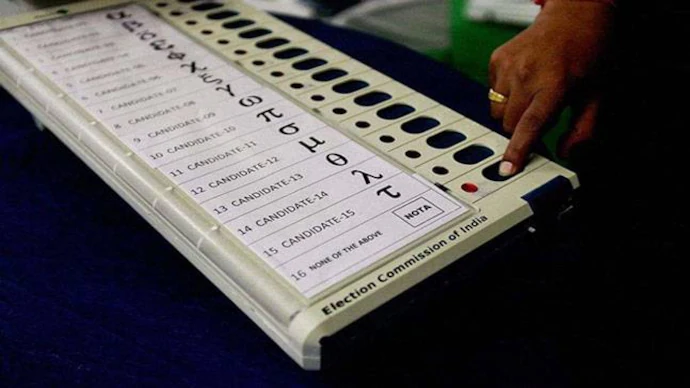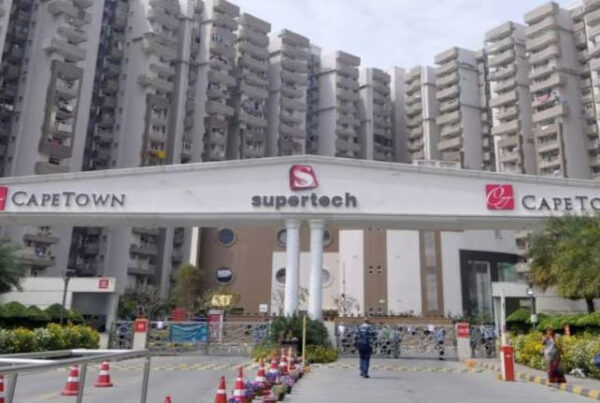While framing our Indian Constitution the Constituent Assembly carefully modelled the structure and process of elections in such a manner that it could serve the purpose of free and elections and representative Democracy.

Credit – PTI
This careful thought led to the institution of Election Commission, an independent body that would exercise Superintendence, direction and control over the Election Process.[i] Further, to establish a detailed procedure and acknowledge the essentials for the election process, power was given to the Parliament to make provisions regarding election matters including the preparation of electoral rolls, delimitations of constituencies, disqualifications.[ii]
The Legislative by exercising such power enacted statues like the Representation of the People Act (RPA), 1950 and 1951. These statues deal with all the essentials of an election process from preparation of electoral rolls to delimitation of constituencies. Other important essentials included Election Offences and Disqualification of Members of Legislatures (Member of Legislative Assemblies and Member of Parliament).
The provisions dealing with Election offences and Disqualification of Members of Legislatures was imperative as it kept a check on the free election process and worked as deterrent to coercion interference by political parties to gain advantage in elections. The importance of these provisions can be ascertained from historical cases like Indira Nehru Gandhi v. Raj Narain[iii], Lily Thomas v. Union of India[iv] and the recent disqualification of ex-Member of Parliament Rahul Gandhi after being convicted for the offence of criminal defamation.
Section 8 of the RPA, 1951 which deals with Disqualification of the Members of Legislatures upon conviction of certain offences has been under interpretation over the years due to its nature of limiting power of people in politics. One such landmark decision was delivered in the Lily Thomas v. Union of India[v] Case. In this case the Court held that clause 8(4) of the RPA, 1951 was ultra vires and the parliament was had no power to enact such sub section as it would violate Article 14 of the Constitution. The disqualification of a member of a Legislature will take effect from the date of conviction rather than the 3 months period as the sub-section mandates.
Although a lot of work needs to be done to ensure the level of elections are raised in terms of it being free and fair but it would not be wrong to say that Section 8 of the RPA, as evident from past events, has indeed ensured free and fair elections.
[i] Article 324 of the Indian Constitution
[ii] Article 327 of the Indian Constitution
[iii] SC, Civil Appeal 887 of 1975, 7 November 1975
[iv] SC, WP(Civil) No. 490 of 2005, 10 July 2013
[v] ibid



